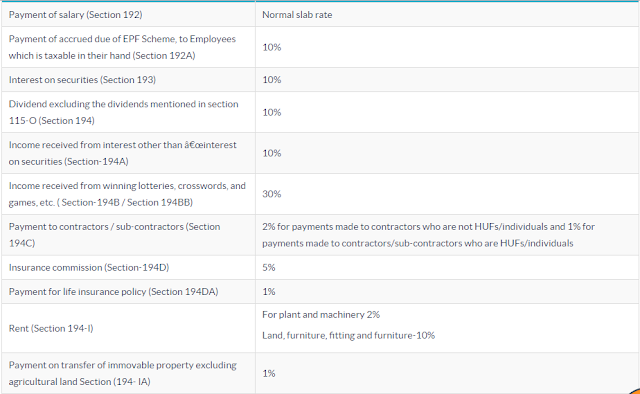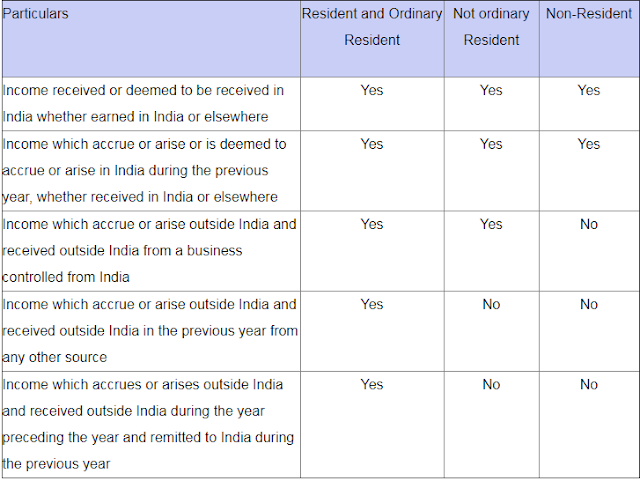New variants of SIP - are they worth it ?
The rise in the popularity of mutual funds has increased tremendously during the last two decades. The systematic investment plan as a tool of investing has become a game changer in the world of investing. The SIPs has offered a chance to small investors to get into the world of investing and allowed them to think for a long term investment and plan their retirement life . Just like any other brilliant idea, even the traditional SIPs had to go through a makeover to match the rising popularity and advancement of mindsets. The demand for innovation in plain vanilla SIPs has given birth to two of the new kind of SIPs which cater to the need of investors even more precisely but are these new SIPs a good option for you. Well, that's what we will find out in this article. What is a SIP? A traditional SIP or systematic investment plan is a method to regularly invest in mutual funds. As an investment tool, SIP enables an investor to spread its investment over a period of time. T


